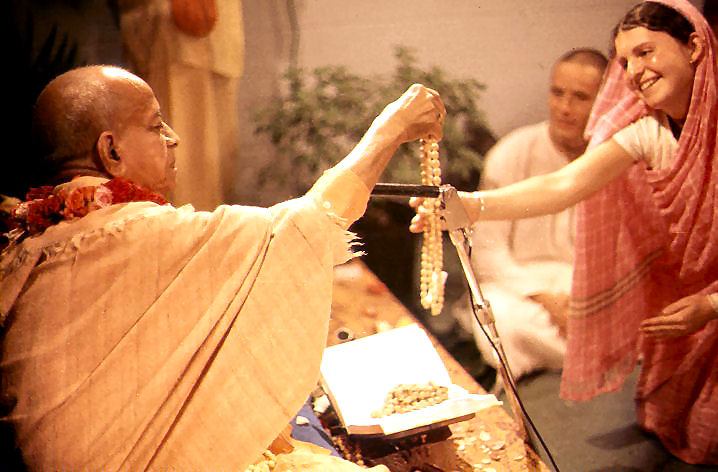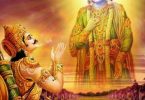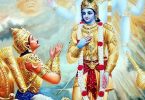Question: Does Dīkṣā include Sīkṣā?
Answer by Romapada Swami:
Sri Caitanya Caritamrita Madhya 15.108 purport cites the following passage from Bhakti-sandarbha (283):
divyaṁ jnānaṁ yato dadyāt
kuryāt pāpasya saṅkṣayam
tasmād dīkṣeti sā proktā
deśikais tattva-kovidaiḥ
“Dīkṣā is the process by which one can awaken his transcendental knowledge and vanquish all reactions caused by sinful activity. A person expert in the study of the revealed scriptures knows this process as Dīkṣā.”
However, a more precise meaning of the word ” dadyāt” is “should be given/imparted.”
Thus, the above translation of the entire verse does not explicitly indicate that Sīkṣā is imparted through the process of Dīkṣā; but the precise meaning does. [The phrase “sīkṣā is imparted through the process of dīkṣā” can mean sīkṣā is imparted prior to dīkṣā, or during the time when mantra dīkṣā is actually given, or through the mantra itself – or through a combination of all three.]
“`
What follows is the relevant section of Bhanu Swami’s translation of Bhakti Sandarbha 283. The general topic is regarding the process of arcana. In this passage, the mantra itself conveys divyaṁ jnānaṁ. The scriptural references for this assertion are provided.
“`
If the person desires a specific relationship with the Lord, which is accomplished through the mercy of guru by the process of dīkṣā, following the path of Nārada and other sages, he should necessarily perform arcana after taking dīkṣā.
divyaṁ jnānaṁ yato dadyāt kuryāt pāpasya saṅkṣayam |
tasmād dīkṣeti sā proktā deśikais tattva kovidaiḥ ||
ato guruṁ praṇamyaivaṁ sarvasvaṁ vinivedya ca |
gṛhṇīyād vaiṣṇavaṁ mantraṁ dīkṣā pūrvaṁ vidhānataḥ |
“The knowers of truth define dīkṣā as such because from it one receives divya-jnānam (di) and sin is destroyed (kṣa). Therefore, after offering respects to guru and offering everything to him one should accept a Vaiṣṇava mantra, with the aforesaid dīkṣā, according to the rules.” Hari-bhakti-vilāsa 2.9-10, quoting from āgama. [See HBV reference below.]
Divya-jnānam means knowledge of the Lord’s svarūpa conveyed in the sacred mantra and knowledge of a particular relationship with the Lord (mentioned in the mantra). This is explained in Padma Purāṇa, Uttara-khaṇḍa in discussing the eight-syllable mantra.
HBV 2.9-10
atha diksa mahatmyam (The glories of initiation)
Viñëu yamale (In the Viñëu-yamala it is stated)
divyaṁ jnānaṁ yato dadyāt kuryāt pāpasya saṅkṣayam |
tasmād dīkṣeti sā proktā deśikais tattva kovidaiḥ ||
ato guruṁ praṇamyaivaṁ sarvasvaṁ vinivedya ca |
gṛhṇīyād vaiṣṇavaṁ mantraṁ dīkṣā pūrvaṁ vidhānataḥ |
Dīkṣā is the process by which one can awaken his transcendental knowledge and vanquish all reactions to sinful activities performed in the past. A person who is expert in the study of the revealed scriptures knows this process as dīkṣā.
It is the duty of every human being to surrender to a bona-fide spiritual master. While offering him everything—including one’s body, mind and intelligence—one should take Vaiñëava initiation from him.







